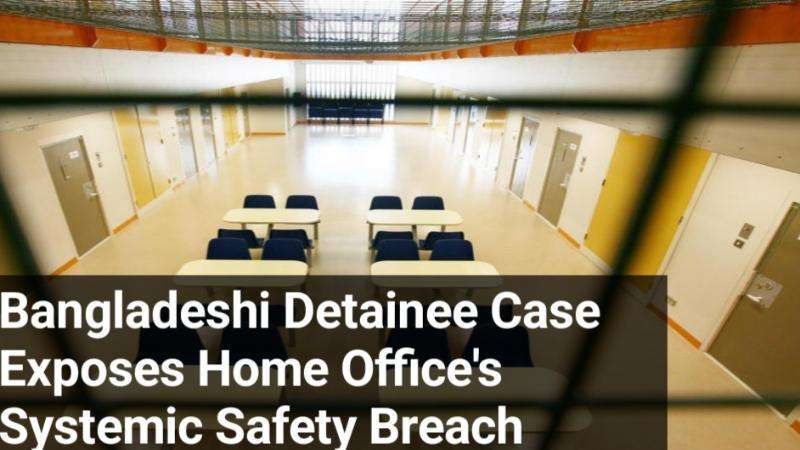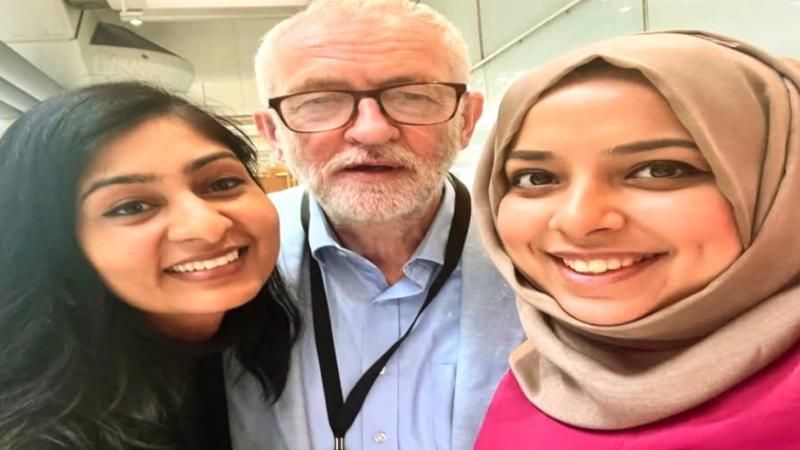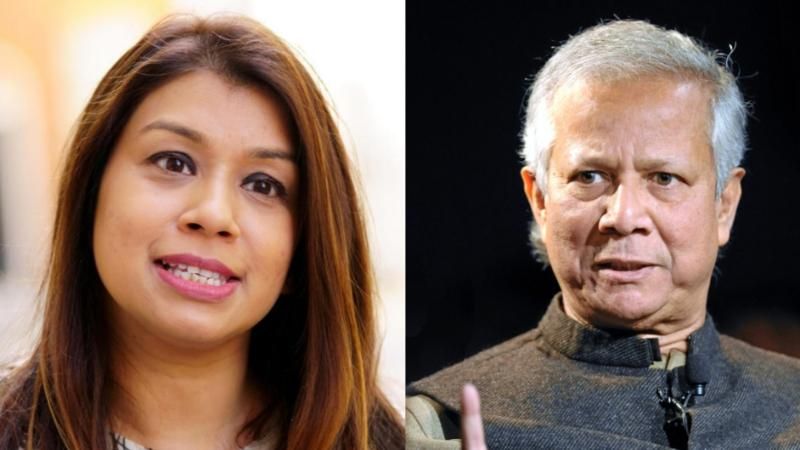The British political landscape is undergoing a profound transformation, particularly within the Labour Party, where the once-influential left-wing faction finds its power severely curtailed. With former leader Jeremy Corbyn now formally expelled and running as an independent, and key allies battling for future nominations, the prospect of socialist politics within the Labour mainstream appears increasingly uncertain, Daily Dazzling Dawn understands.
Corbyn's Exit Seals an Era for Labour's Left
Jeremy Corbyn, who twice led Labour into general elections, has been formally expelled from the party and is set to contest his Islington North seat as an independent. This definitive break marks the end of a significant chapter for the Labour left, effectively severing his ties with the party he once led. While his considerable local support could yet see him re-elected as an independent, his political future within the Labour Party, or as a major national force, is definitively over. His independent candidacy is not just a personal challenge to Keir Starmer's leadership but also a stark symbol of the deepening ideological rift within the party.
Starmer's Squeeze on Left-Aligned MPs
For Members of Parliament who consistently championed Corbyn's vision, the path to securing a Labour nomination in future elections is now fraught with difficulty. Labour's leadership under Keir Starmer has embarked on a determined effort to assert control and redefine the party's image, prioritizing electability and fiscal responsibility over radical policy agendas. This strategic shift has led to a deliberate distancing from the more left-wing policies and figures associated with the Corbyn years.
Numerous MPs on the left have faced intense scrutiny, including deselection attempts or the removal of the party whip for defying the leadership. The Labour Party's National Executive Committee (NEC) has significantly tightened its grip on candidate selections, frequently favouring those aligned with the current leadership's centrist course. Consequently, the likelihood of Corbyn-aligned MPs securing Labour nominations for future electoral contests has plummeted, forcing many to weigh their options, including standing as independents or stepping down from politics altogether.
Apsana Begum and Zarah Sultana: The Independent Path
Among those directly impacted by this new political reality are Apsana Begum (Poplar and Limehouse) and Zarah Sultana (Coventry South). Both MPs had the Labour whip withdrawn in July 2024, shortly after the general election, for their decision to vote against the government's two-child benefit cap – a policy widely opposed by the party's left wing. As of May 2025, they remain suspended and sit as Independent MPs.
Zarah Sultana was re-elected in Coventry South as a Labour MP in the 2024 general election, but her suspension followed swiftly. Apsana Begum also remains an MP, though now independent. Their continued defiance of the Labour whip, exemplified by Begum's subsequent votes against government measures, underscores a persistent ideological divide. Without a significant reversal in Labour's internal disciplinary stance – which appears unlikely under Starmer's firm leadership – their prospects of regaining the Labour whip and standing as official Labour candidates in the next general election (beyond 2024) are exceedingly dim. Like Corbyn, they are charting their political course outside the official embrace of the Labour Party.
Corbyn's special favour significantly smoothed the path for these two MPs to enter parliament.The vast expectations the constituents had when they became MPs have largely faded. They themselves face significant challenges regarding their political careers in the upcoming election because they can't compare to Corbyn's immense personality and popularity.In both constituencies, at least one other candidate is already working in the field to secure the party's nomination instead of them.
The Future of the UK's Left and Labour
The trajectory of left-wing politics in the UK, particularly within the Labour Party, clearly points towards the marginalisation of its traditional socialist core. Keir Starmer's Labour has embraced a more centrist platform, abandoning many of the ambitious Corbyn-era pledges like widespread nationalisation and a dramatically expanded welfare state. The current focus is on prudent economic management and a "constructive capitalism" approach, designed to appeal to a broader electorate and win back disillusioned voters.
While the organised left within Labour, including groups like the Socialist Campaign Group (which Sultana once chaired), continues to exist, its influence over policy and candidate selection is considerably diminished. The party's leadership is intent on projecting a unified and electable image. This strategic pivot forces the left to reassess its approach: adapt to the new political landscape, maintain internal dissent, or seek to build influence outside the party structures. The long-term impact of this strategic shift on Labour's identity and its ability to energize its traditional activist base remains a critical question for the future.
Reeves Under Pressure: The Fiscal Tightrope Walk
Against this backdrop of internal realignment, Chancellor Rachel Reeves faces intense scrutiny as she finalises her much-anticipated spending review, due on June 11, 2025. She finds herself caught between conflicting demands from both the left and the right of the political spectrum.
Former Labour leader Jeremy Corbyn has publicly lambasted the government, arguing it is "depriving millions of people of a better life" and "knows full well" where to find the money to alleviate poverty. This echoes the left's consistent call for greater state intervention and wealth redistribution to tackle inequality, including a demand to scrap the contentious two-child benefit cap.
Conversely, former Chancellor Sir Jeremy Hunt has issued a stark warning of "catastrophe" if Ms Reeves yields to pressure and scraps the two-child benefit cap, urging her to make tough decisions to bolster the economy. This reflects the push from a more fiscally conservative viewpoint, advocating for continued restraint.
Reeves has firmly reiterated her commitment to "no new major tax rises" and "fully costed and fully funded" spending plans, signalling a cautious approach. While the government has hinted at a "softening" of its stance on the two-child benefit cap due to internal pressures, a complete reversal or a substantial increase in welfare spending appears improbable given the Chancellor's unwavering commitment to fiscal discipline. The upcoming spending review is poised to be a defining moment for the economic direction of the Starmer government, tasked with the delicate balancing act between social needs and economic realities.








.svg)



